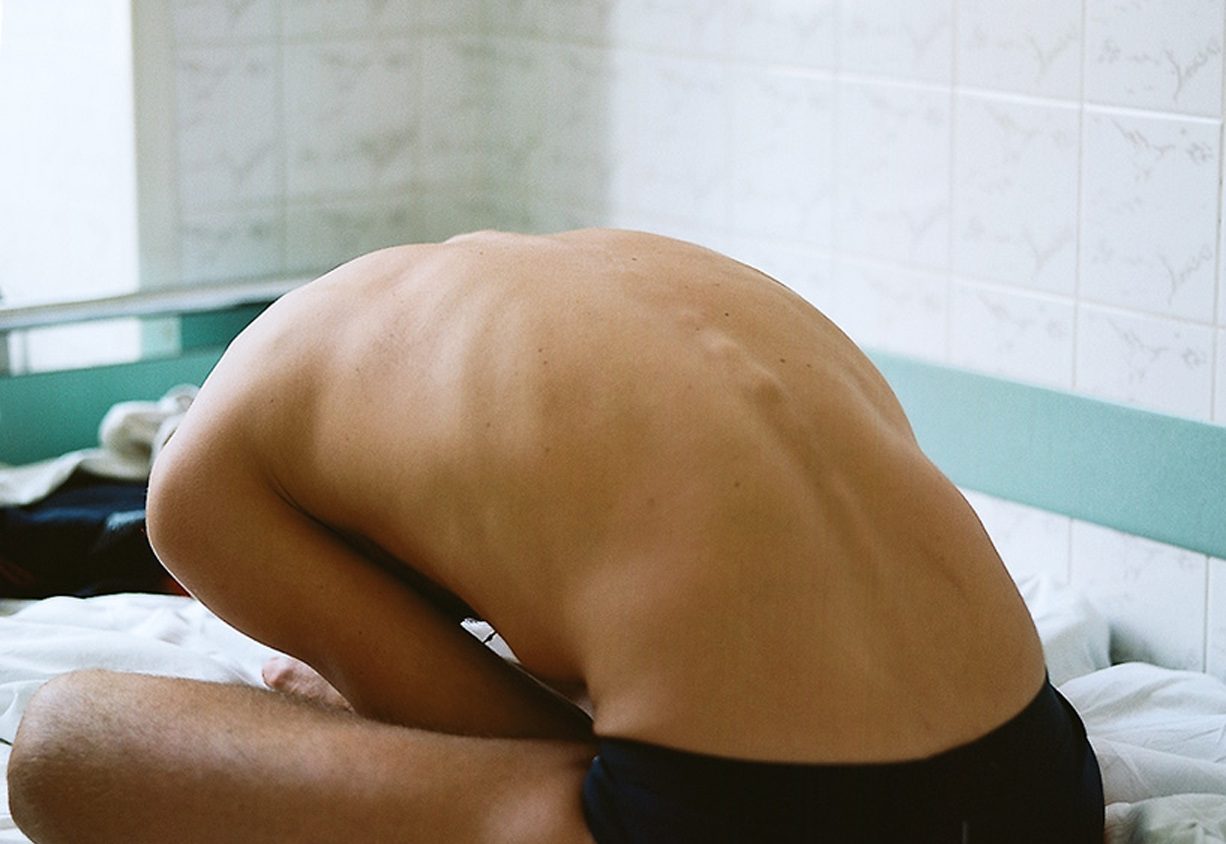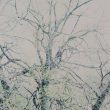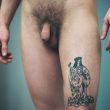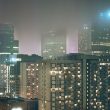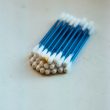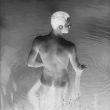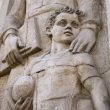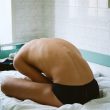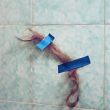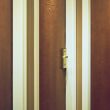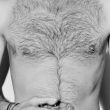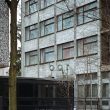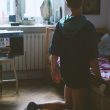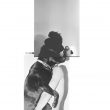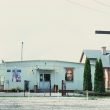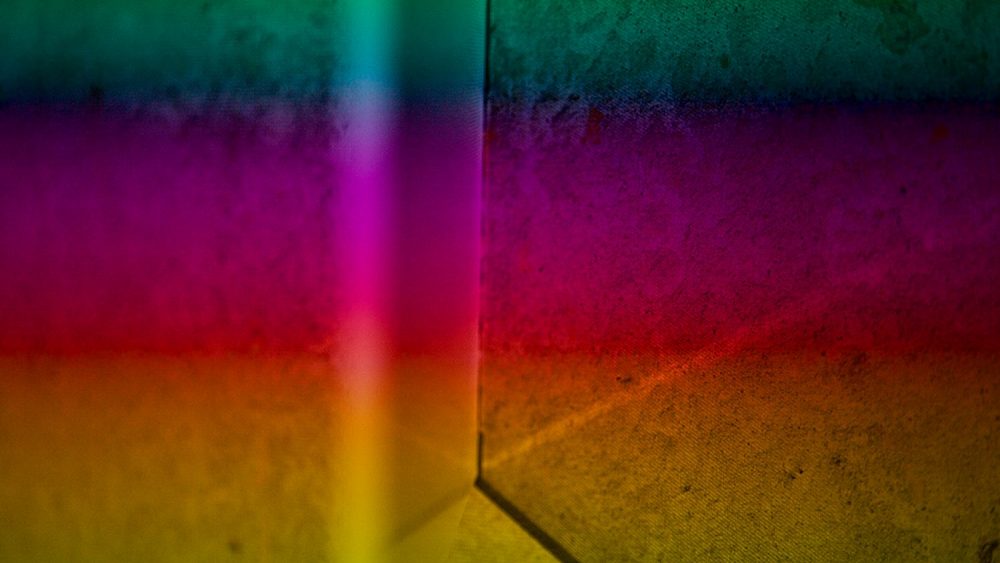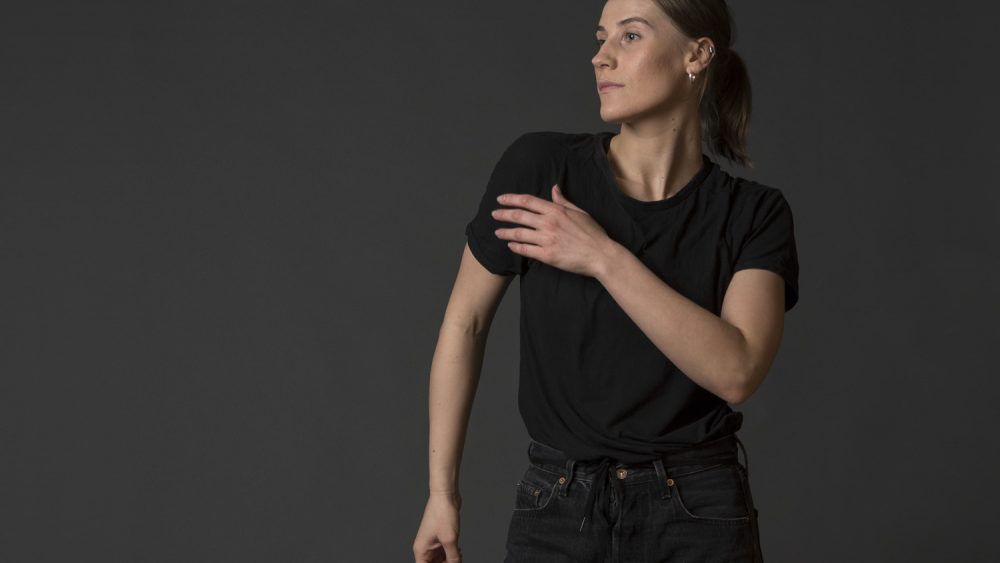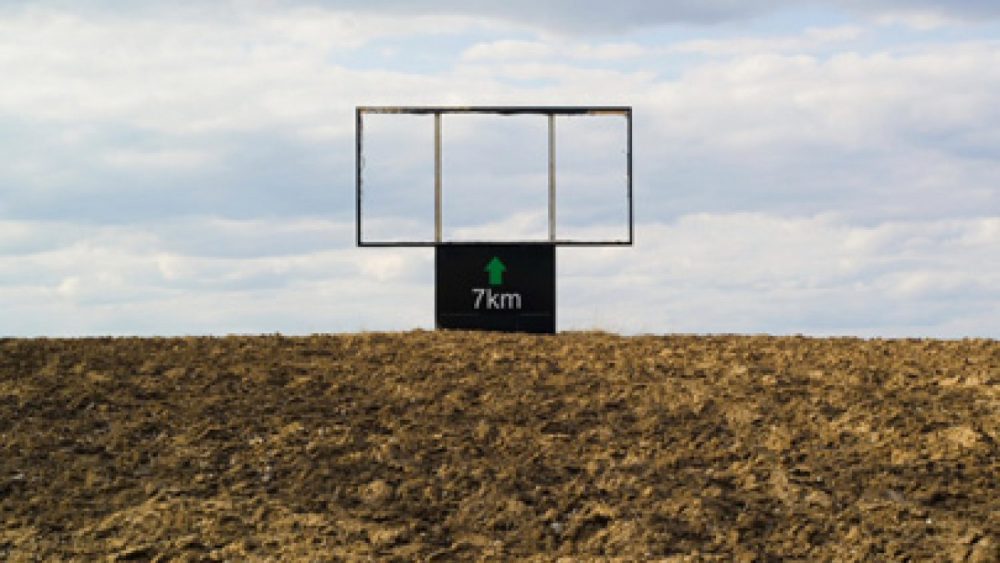The Man Without Past
In my life, I haven’t experianced any traumatic events. Apart from a few unrequited love stories, nothing has really touched me. Still, in a way I am sad, I feel a sort of emptiness inside.
When I met Franek, I understood that my life was quite easy. His story deeply touched me, even though it did not change my life in a drastic way, it made me understand the impact of childhood, past stories on the life of an adult.
Since the beginning of our friendship, I knew that Franek was gay, which did not change the way I viewed him as a person. Nonetheless, I have always wondered how does it feel to love a person of the same sex, how does it influence the self acceptance of a person aware of their ‚otherness’ from the society they live in.
One day, after a few months of our friendship, when we were planning a mutual trip, Franek told me that he takes special vitamins, which help him live. They strengthen his immunity system, weakened by disease – AIDS. For me, it was a breaking point, in which I realised how many thoughts and emotions I feel, ones that I can not put into words.
This was the beginning of my struggle with the role of the narrator of a story of a young man, marked by disease, which accompanies him everywhere and is a kind of stigma that can not be hidden.
As our relationship matured, Franek told me other difficult stories from his past, a time of growing up in a small town. A possessive mother, trying to control his life. His sisters, who were so ashamed of his sexuality that did not want him to attend the same high school, the only one in town. This led him to a sense of alienation and a decision about studuing in a vocational school, which led to the occupation he does today.
One of the stories he told me completely disturbed my perception of him. My image of Franek was of a happy man, conscious of his past and its impact on the present. However, he told me about how when he attended elementary school, his mother “donated” to God. It was an attempt to protect her son from the deprivation of his peers, who started to drink alcohol and smoke cigarettes, hiding between the surrounding buildings. The attempt to protect her child backfired in an unexpected way. At age 11, Franek began to be sexually abused by a priest in the parish where he served as an acolyte.
I recently became a father, so each story of the hurt of children deeply touches me. I tried to understand all the factors that have shaped the young Frank. How come he holds no grudges, normally functions, is professionally fulfilled, shows no big signs of traumas which took place in his life. The main character of my story does not stand out from other people I meett to such extent, that sometimes I forget about what he has been trough in his life. The moments that remind me of his story, are situations in which I come into contact with his body or what was in contact with it. I remember the day when I walked into the bathroom where the bathtub was full of water, after Franeks recent bath. At the thought of water, soap suds and foam remnants remaining on the surface, I felt that the touch of the water would be like dipping my hand in radioactive substances, which would, in an imperceptible way, permeate through the skin into my bloodstream, attacking the body.
When I look at the body of Frank, what strikes me is its fragility, the fragility of the human body. In his case I still ask myself whether he experiances his body as a biological, self-destructive bomb.
Throughout the period of work on the photographic essay about Frank, came to me thoughts of illness, sexuality, religion, youth and dreams. I wondered if with the stigma that he carries, is it possible to cut off from the past, erase it. Is it possible to change your identity, get rid of the sense of loss and inadequacy in the surrounding world. I examined the impact of abuse on sexuality, its traumatic effects, the behavior of people from homes in which the mother is the strongest link. I watched the exclusion of the individual. I was not looking for answers or a consistent definition of the aformentioned influence of the past, but the factors that create the identity of Frank. Trying to understand him, to understand what had happened to him, I decided to use images to tell his story.
The result is a collection of photos, talking about sexuality, religion, past, maternal love, and an attempt to understand the other person.
Jakub Stanek (1988) is a photographer based in Warsaw. He studied photography at the Warsaw Academy of Photography and Philosophy at the University of Warsaw. He focuses mostly on documentary and sociological projects, but also fashion and commercial.
